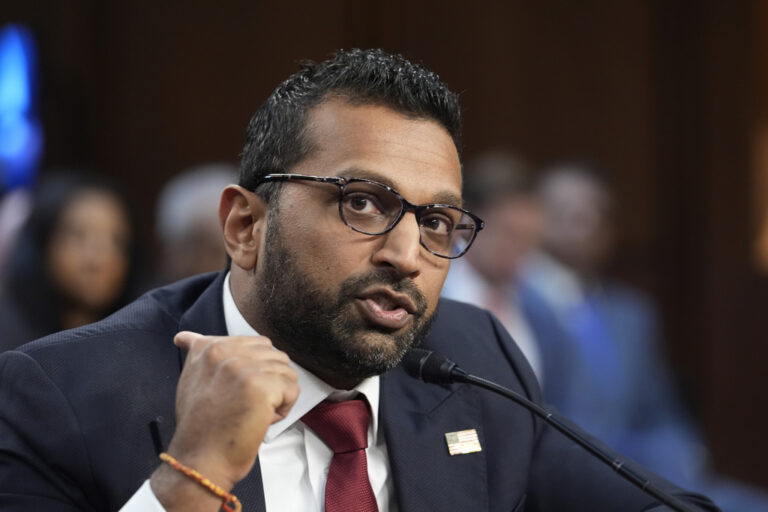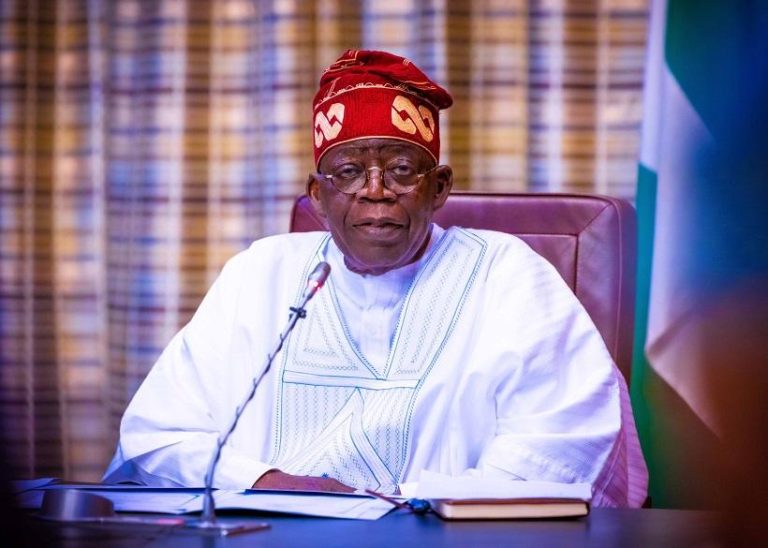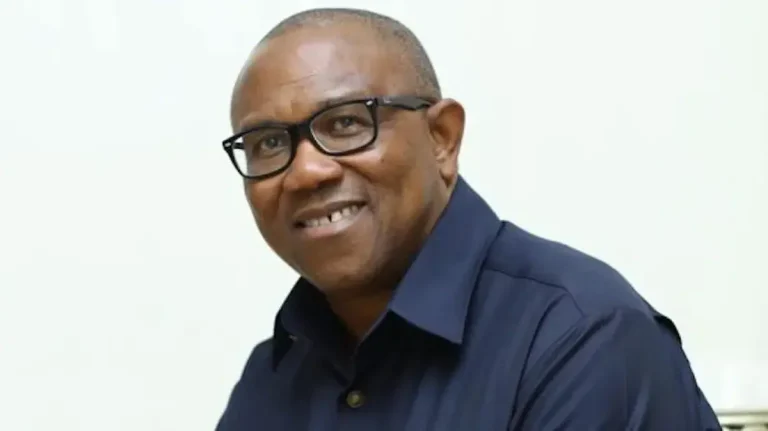
FILE - Kash Patel, President Donald Trump's choice to be director of the FBI, appears before the Senate Judiciary Committee for his confirmation hearing, at the Capitol in Washington, Jan. 30, 2025. (AP Photo/J. Scott Applewhite, File)
FBI Director Kash Patel is under intense scrutiny after prematurely announcing the arrest of a suspect in the fatal shooting of conservative activist Charlie Kirk, a close ally of former President Donald Trump. The statement, swiftly contradicted by local authorities in Utah, has raised questions about Patel’s judgment and his ability to lead the nation’s top law enforcement agency.
Patel had declared on social media Wednesday that the shooter responsible for Kirk’s killing at a Utah college had been taken into custody. Within hours, officials on the scene corrected him, explaining that two individuals had been questioned and released, but no suspect was in custody. The conflicting accounts sowed confusion nationwide as investigators worked to track down the person behind one of the most high-profile acts of political violence in recent years.
Criticism From Inside and Outside the Bureau
Former and current officials called Patel’s move reckless, warning that his decision to make such a definitive statement online undermined the integrity of the investigation.
“At the outset of an investigation, much of the initial intelligence is typically wrong or slightly off,” said retired FBI agent Dan Brunner. “That’s why what he did yesterday has never been done by any FBI director before him, or any division leadership before. The FBI does not run investigations on social media.”
A White House source, granted anonymity, described Patel’s announcement as “unprofessional” and “unacceptable to the White House and the American public.” Homeland Security veteran John Cohen added that the director’s actions were “unorthodox and confusing” at a time when details remained fluid.
Despite the backlash, the White House publicly defended Patel, insisting he retains Trump’s full backing. Spokeswoman Karoline Leavitt dismissed reports of internal frustration as “a despicable story from anonymous sources” and said Patel was “leading the manhunt to catch the killer of our friend.”
The episode represents the first major crisis of Patel’s tenure and highlights concerns about his lack of law enforcement experience. A longtime Trump loyalist, Patel has sought to reshape the FBI along partisan lines, assigning agents to pursue political opponents and sidelining staff he viewed as insufficiently loyal.
Just hours before Kirk’s killing, three dismissed
FBI officials filed a lawsuit alleging Patel told them he had been ordered to fire anyone who had worked on cases against Trump during his first presidency. Among those ousted was the former head of the FBI’s Salt Lake City office the very field office now tasked with leading the Kirk murder probe.
FBI Special Agent in Charge Robert Bohls, Patel’s replacement in Utah, told reporters investigators had recovered the rifle used in the attack and released photos of a person of interest. The bureau also announced a $100,000 reward for information, though conservative activist Laura Loomer derided the amount as “a slap in the face to Charlie Kirk.”
Before assuming the FBI’s top job, Patel was best known as a congressional staffer who spearheaded Republican efforts to discredit the bureau’s Russia investigation. A vocal critic of what he called the “deep state,” Patel accused the FBI of persecuting Trump and pledged to realign the agency with the former president’s America First agenda.
Since his appointment, Patel has broken with tradition by appearing publicly alongside Trump at political events and openly supporting administration policy goals. That posture has alarmed veterans of the bureau, who stress that the FBI’s credibility depends on its independence from the White House.
Patel has also faced friction within Trump’s orbit. Earlier this year, he was abruptly removed from his position as acting head of the Bureau of Alcohol, Tobacco, Firearms and Explosives. The White House never explained the decision, which fueled speculation about Patel’s standing.
For now, Patel remains in command of the FBI’s manhunt for Kirk’s killer. But the fallout from his premature statement has raised new doubts about his leadership style and the politicization of the bureau under his watch.
“The investigators need time to sort through the facts before putting out evidence,” Brunner cautioned. “Rushing to announce arrests not only risks public trust it risks justice.”
As the search continues, Patel faces the defining challenge of his tenure: whether he can restore confidence in an FBI increasingly seen as entangled in politics, even as it confronts one of the most consequential acts of political violence in years.
Erizia Rubyjeana



